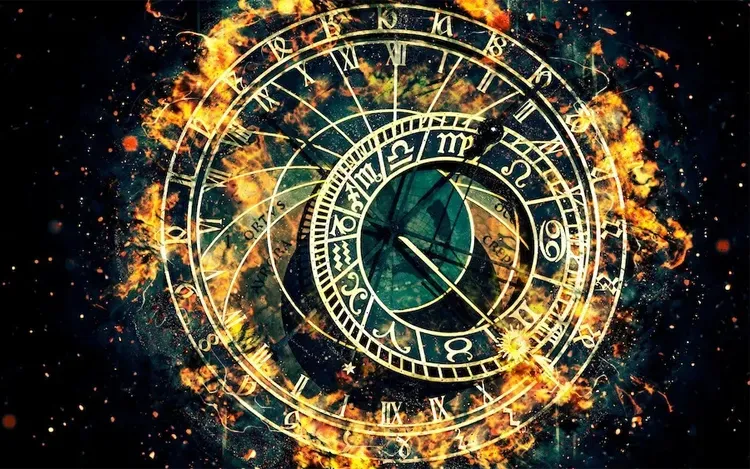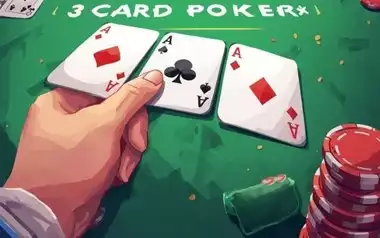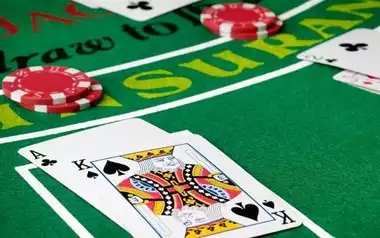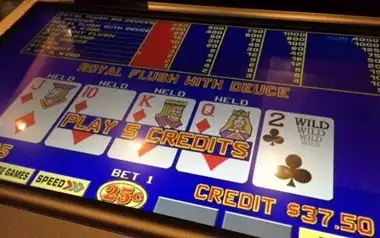Gambling has long played an oddly charming role in British society, much like the weather or a well-timed cup of tea—ubiquitous, comforting, and occasionally the source of great drama. The history of gambling in the UK is not just a tale of vice and fortune; it’s a reflection of shifting cultural norms, legal frameworks, and technological advances. What began as innocent wagers in village fairs has evolved into a multi billion-pound industry, complete with sprawling casinos, racecourses, and highly sophisticated gambling sites.
From the betting booths of Tudor England to today's touch-screen temptations, gambling in Britain has never stood still. It has, however, always adapted—sometimes reluctantly, sometimes flamboyantly—to the winds of change. In this comprehensive guide, we explore how gambling emerged, expanded, and embedded itself into the fabric of British life. Whether you’re a history buff, a gaming enthusiast, or simply curious about the roots of this age-old pastime, you’re in for a tour of tradition, transformation, and more than a few royal scandals.
Our recommended online gambling sites in the UK.
Rolling the Bones: Gambling in Ancient and Mediaeval Britain
While today's Britons may place bets on the Grand National or spin the roulette wheel online, their ancestors had rather more primitive methods. Evidence of dice and rudimentary wagering games dates as far back as the Roman occupation of Britain. Archaeological finds suggest that soldiers and settlers alike enjoyed games of chance—perhaps to relieve the monotony of frontier life or to celebrate a victorious skirmish.
As we move into the mediaeval period, gambling became a staple among both peasants and nobility. Dice games, card games imported from the continent, and even early forms of betting on jousting tournaments were commonplace. Though largely unregulated, gambling was often frowned upon by the Church, which viewed it as a sinful distraction. That didn’t stop the locals, of course—if anything, it made gambling more appealing. In typical British fashion, the fun came with just the right pinch of rebellion.
Tudors, Tea, and Taverns: Gambling in Early Modern England
By the 16th and 17th centuries, gambling had entrenched itself firmly in everyday life. Queen Elizabeth I issued the first English state lottery in 1569 as a clever means of raising funds for harbour defences. This would not be the last time the Crown turned to gaming for a bit of fiscal relief.
As public houses grew in popularity, so too did informal betting. Card games flourished, cockfighting was a national obsession, and horse racing became a fashionable diversion for the upper classes. Indeed, by the reign of Charles II, gambling had become not just acceptable but somewhat glamorous—particularly among the aristocracy, who could lose a small fortune at cards and still emerge with their reputations intact (if not their estates).
The period also gave rise to growing concern over problem gambling, sparking the first murmurs of regulation. Several statutes attempted to limit the losses one could legally incur, though enforcement was spotty at best.
Of Bookies and Betting Slips: The 18th and 19th Centuries
The 1700s and 1800s were pivotal for the gambling landscape in Britain. Horse racing, already popular, became more organised and structured with the formalisation of events such as the Epsom Derby and Royal Ascot. This era also marked the rise of the bookmaker, or “bookie,” who facilitated bets and brought a new layer of professionalism—if not always legality—to the practice.
Lotteries continued to operate until 1826 when they were banned due to concerns about corruption and exploitation. Still, gambling was anything but on the decline. Card clubs, betting shops, and informal wagering among friends thrived despite the ban, proving once again that the British appetite for a flutter was hard to quash.
Importantly, the 19th century witnessed the first major attempts at regulation, particularly with the Betting Act of 1853, which outlawed betting houses. Ironically, the act merely pushed betting into more discreet, private spheres rather than stamping it out entirely.
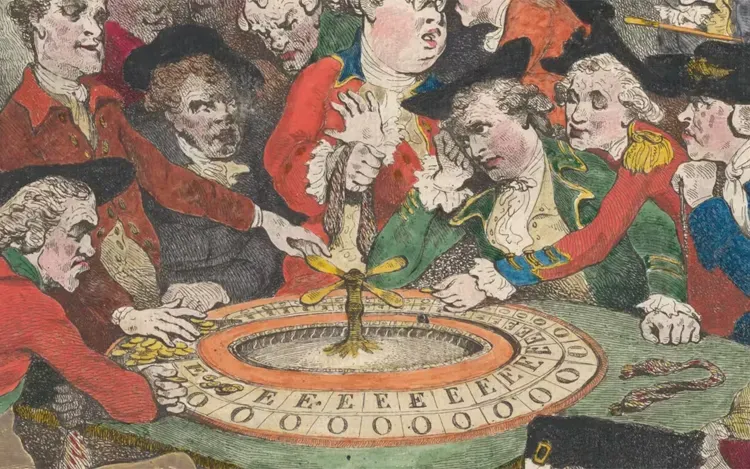
Of Bookies and Betting Slips The 18th and 19th Centuries
Chips and Change: The 20th Century Gambling Boom
As the 20th century dawned, Britain’s gambling laws began to shift in favour of regulated gaming rather than prohibition. The Betting and Gaming Act of 1960 was a watershed moment, legalising betting shops and commercial bingo halls under licence. This was a pragmatic decision by the government, which recognised the futility of attempting to outlaw an activity so embedded in popular culture.
Casinos were also given a legal framework under this act, albeit with strict controls. Throughout the 1960s and 70s, Britain saw a boom in betting shops, bingo nights, and modest casinos. Gambling had well and truly gone mainstream.
With the legal foundations in place, the industry began to flourish. Television played a significant role in increasing public interest, with televised horse races and bingo games drawing millions of viewers. Gambling was no longer a vice reserved for secretive clubs or smoky pubs—it was now part of the national routine.
Digital Disruption: The Rise of Online Gambling
As with so many industries, the internet changed everything. The introduction of gambling sites in the late 1990s and early 2000s catapulted the industry into the digital age. What had once been a physical, location-based activity became something accessible from any living room, any mobile device, at any hour.
The Gambling Act of 2005 was Britain’s ambitious attempt to modernise gambling legislation for the online era. It established the UK Gambling Commission, a regulatory body tasked with overseeing all legal gambling activities and ensuring that operators upheld standards of fairness, transparency, and consumer protection.
Online casinos, sports betting platforms, and even virtual poker rooms flourished under this new regime. The British public proved quick to embrace these platforms, appreciating their convenience, variety, and often lucrative promotional offers. Traditional gambling methods didn’t disappear—but they did find themselves sharing the spotlight with sleek, digital upstarts.
Modern Stakes: The 21st Century and Beyond
Today, the UK gambling industry is one of the most advanced in the world. Strict regulations ensure player protection, and responsible gambling initiatives are widely promoted. At the same time, innovations such as live dealer games, mobile casino apps, and cryptocurrency betting are keeping things fresh and fiercely competitive.
The UK has also become a hub for gambling software providers, contributing to the global marketplace with state-of-the-art game design and platform development. Public attitudes toward gambling have become more complex, balancing concerns over addiction with a general acceptance of gambling as a legitimate form of entertainment.
Whether you're drawn to a local bookmaker, a high-stakes poker game, or the vibrant world of virtual casinos, you're participating in a tradition that stretches back thousands of years—a tradition Britain has helped shape, refine, and sometimes reinvent.
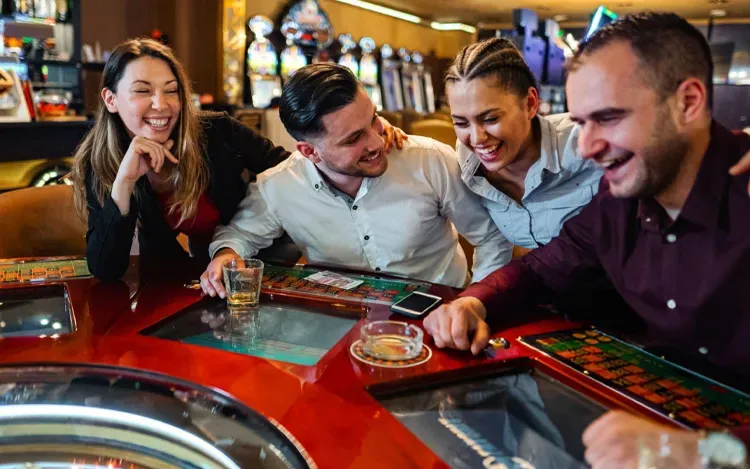
Modern Stakes The 21st Century and Beyond
A Final Bet: Conclusion
The history of gambling in the UK is one of evolution, reinvention, and, dare we say, a touch of British eccentricity. From Roman dice games to online blackjack streamed in HD, the UK has consistently found new ways to engage with games of chance. The story is not just about betting—it’s about regulation, innovation, and cultural identity. Gambling, like tea or queuing, has become a peculiar yet beloved national pastime.
As gambling continues to develop, particularly in the online realm, the past offers both a cautionary tale and a roadmap for future innovation. Understanding this journey helps us appreciate the complexities of modern gaming and the care that goes into creating a safe, exciting experience for players today.
If you're intrigued by gambling’s past and eager to explore its present or future, Gambling Zone is the place to be. It’s your go-to hub for smart insights, reliable information, and everything you need to know about today’s ever-evolving gambling world.
